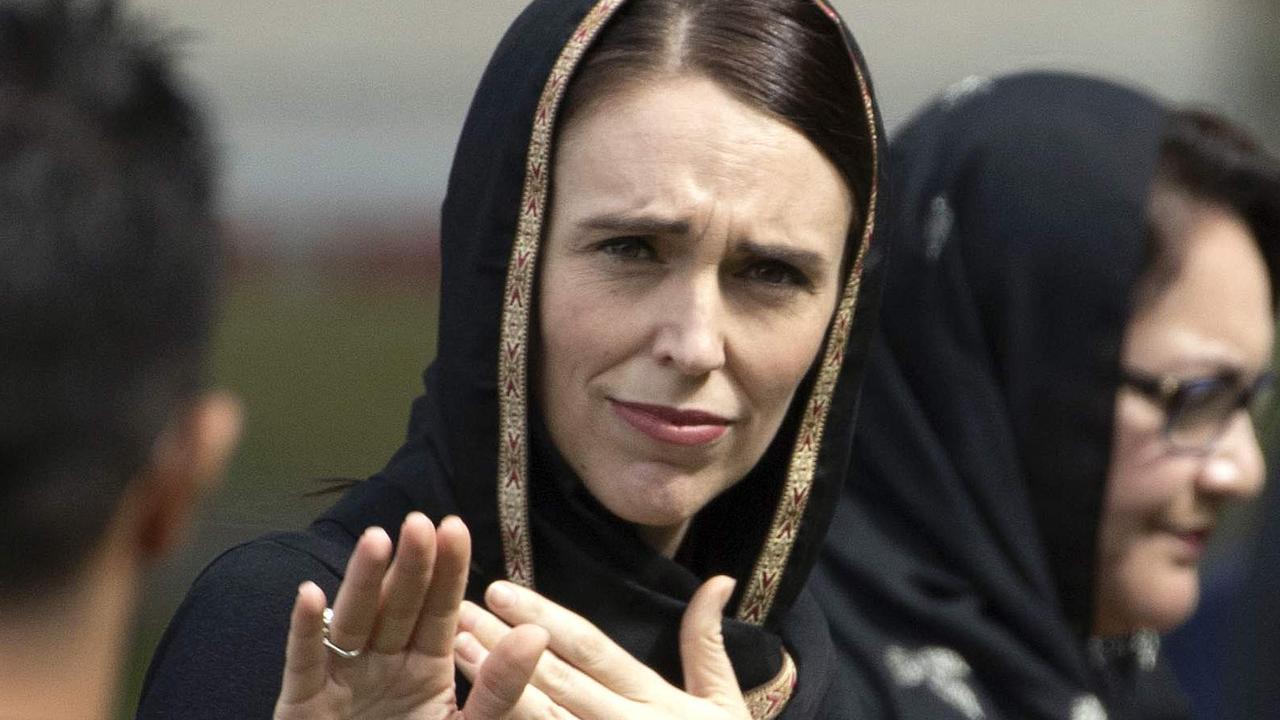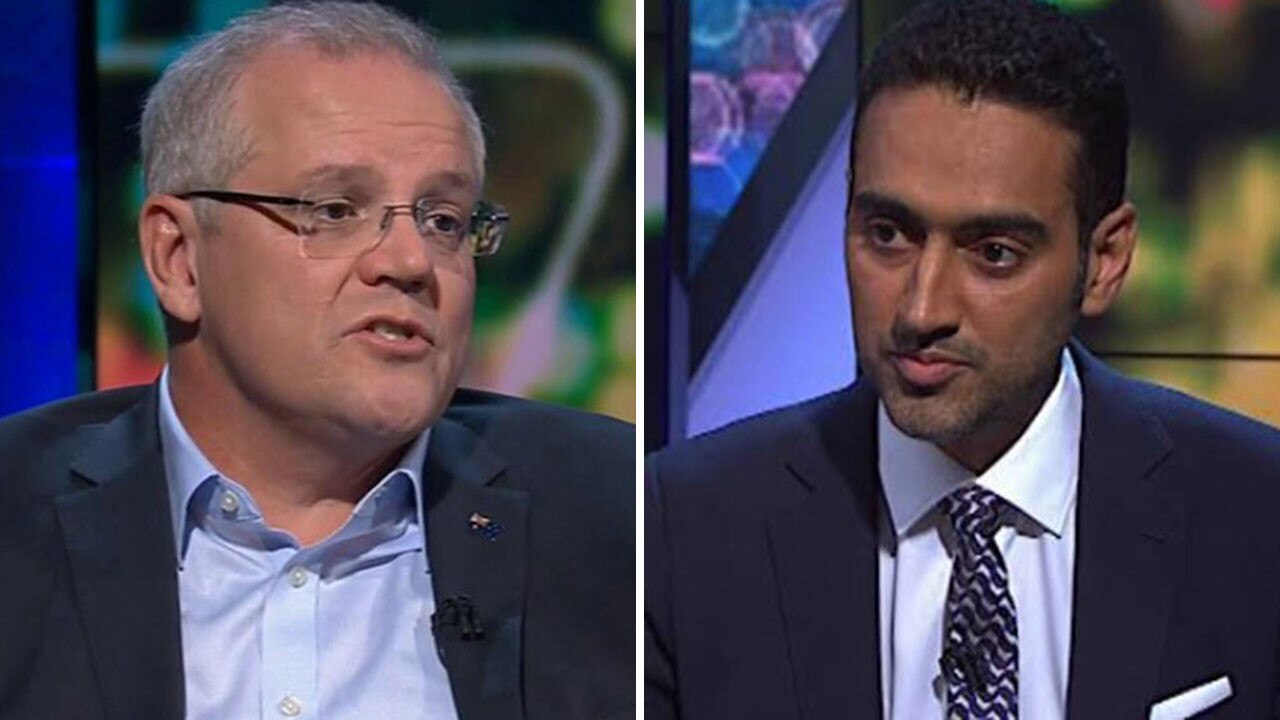In her final comment on the ABC TV Insiders program last Sunday, Fran Kelly sent out a stay-calm message that New Zealand introduced same-sex marriage in August 2013 without a problem.
The Radio National Breakfast presenter declared she was providing “some reassurance relief for those who are worried or concerned about religious protections, religious freedoms, if the Yes vote gets up”.
Kelly said Breakfast “had a look at New Zealand … a society very like ours”. She reported that there had been “no concerns of religious freedoms being contested or challenged”. Kelly added that “the churches seem to have no issue” following the changed definition of marriage from that of a union of a man and woman to that of a union between two people.
Reassuring for those whose religious belief teaches that their traditional view of marriage should prevail? No, not really. What Kelly neglected to mention was that in 1990 New Zealand introduced a Bill of Rights Act. This legislation contains substantial civil and political rights.
Section 13 provides that “everyone has the right to freedom of thought, conscience, religion and belief, including the right to adopt and to hold opinions without interference”. Section 14 declares that “everyone has the right to freedom of expression, including the freedom to seek, receive and impart information and opinions of any kind in any form”. And section 15 ensures that “every person has the right to manifest that person’s religion or belief in worship, observance, practice or teaching either individually or in community of others, and either in public or in private”.
Clearly these are very broad provisions ensuring freedom of religion and religious belief. What is more, New Zealand has a unitary system of government, so there are no state or provincial governments with their own legislatures or public service.
In Australia, on the other hand, the protection of religion in the Constitution is quite limited. Section 116 merely provides that “the Commonwealth shall not make any law for establishing any religion, or for imposing any religious observance, or for prohibiting the free exercise of any religion, and no religious test shall be required as a qualification for any office or public trust under the Commonwealth”. That’s all.
Moreover, Australia has six state and two territory governments that have their own laws concerning, and institutions to deal with, discrimination.
Section 116 of the Australian Constitution does not even go close to providing the freedom of religion provisions set out in the New Zealand bill of rights.
In an absence of an Australian bill of rights or similar legislation, it is appropriate to ask: if, following a Yes majority in the postal survey, same-sex marriage becomes lawful in Australia, where does that leave believers?
The issue here is not whether a butcher, baker or candlestick maker refuses to sell goods or services for the celebration of a same-sex union on the grounds of religious belief. It is a more important point that goes to the essence of religious freedom. Namely, will a Christian, Jewish or Muslim school be able to teach that marriage is a union between a man and a woman without taking the risk of being hauled before a commonwealth, state or territory anti-discrimination tribunal? The answer is, we don’t know.
We also do not know what rights parents would have, including those of the Buddhist, Hindu and Sikh faiths, consequent upon the legalising of same-sex marriage. Would they be able to ensure their school-aged children are not taught at school a secular “truth” that is in conflict with the religious “truth” they are taught at home? Once again, no one really knows.
Malcolm Turnbull, Bill Shorten and Attorney-General George Brandis all insist that it’s fine to vote Yes and any possible problems can be handled after the event. However, once legislation is changed a new law takes its place that will be interpreted by the judiciary, not by parliament.
The issue of religious freedom following a change to the Marriage Act is real, irrespective of whether an individual proposes to vote Yes or No.
Jesuit priest and lawyer Frank Brennan has indicated that he supports same-sex marriage. Yet, writing in Guardian Australia on August 17, Brennan made the point that if same-sex marriage is recognised by Australian law, there will be a need to consider how to implement practical religious freedoms. Also, in view of the fact “same-sex marriage is a very modern phenomenon”, he believes that institutions should be given time to adapt.
John Howard, who is voting No, takes a different approach. In a statement released on September 12, the former prime minister criticised the Turnbull government for washing its hands of any responsibility in failing to produce a draft bill to change the Marriage Act before the postal survey was conducted.
Howard’s view is that the Turnbull government should have spelled out in advance of the vote “what steps it will take to protect parental rights, freedom of speech and religious freedom in the event of same-sex marriage becoming law”. It has not done so, preferring an it-will-be-OK approach. Yet until a bill for an act is provided, such a claim is all but worthless.
On this issue the Catholic Church is not completely united. Catholic Archbishop of Brisbane Mark Coleridge is sticking rigorously to the church’s traditional teaching on marriage.
However, Catholic Bishop of Parramatta Vincent Long has taken a more nuanced approach. Long maintains that the postal survey relates to the “legal definition of civil marriage”. He believes that “sacramental marriage as understood by the Catholic Church” will prevail even if the Yes case succeeds.
Long adds that “the church will continue to hold” that marriage “is a natural institution established by God to be a permanent union between one man and one woman”. Yet without the kind of provisions that prevail in New Zealand, it’s difficult to see how such a position can be guaranteed.
Gerard Henderson is executive director of the Sydney Institute. His Media Watch Dog blog can be found at theaustralian.com.au.




To join the conversation, please log in. Don't have an account? Register
Join the conversation, you are commenting as Logout